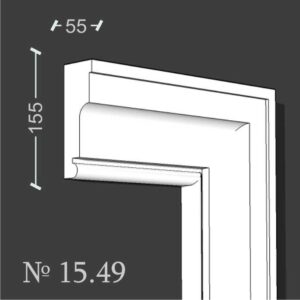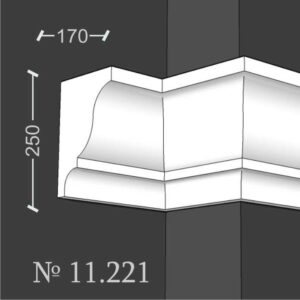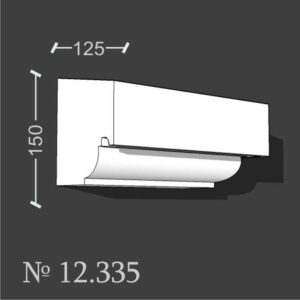Investing in a local solar installation is a smart decision that can provide long-term energy savings and environmental benefits. However, the upfront cost of installing solar panels can be a barrier for many homeowners and businesses. Fortunately, there are several financing options available that can help make solar energy more affordable and accessible. In this article, we will explore different ways to finance your local solar installation, enabling you to take advantage of clean, renewable energy while minimizing the financial burden.
1. Cash Purchase
The most straightforward option for financing your Local Solar Panel Design installation is to pay for it upfront with cash. If you have sufficient savings, this method allows you to avoid interest charges and immediately start reaping the benefits of reduced electricity bills. Additionally, some governments and local authorities may offer cash incentives or rebates that can further offset the upfront cost. While this approach may require a larger initial investment, it offers the highest long-term savings.
2. Solar Loans
Solar loans are specifically designed to help homeowners and businesses finance their solar installations. These loans can be obtained from various financial institutions, including banks, credit unions, and specialized solar lenders. Solar loans typically have attractive terms, such as low-interest rates and longer repayment periods, making them a viable option for those who prefer to spread out the cost of their solar installation over time. With a solar loan, you can enjoy the benefits of solar energy while making fixed monthly payments that are often lower than your previous electricity bills.
3. Power Purchase Agreements (PPAs)
Power Purchase Agreements (PPAs) are arrangements where a third-party solar provider installs and maintains the solar system on your property. In exchange, you agree to purchase the electricity generated by the system at a predetermined rate. PPAs require little to no upfront cost, making them an attractive option for homeowners and businesses who want to go solar without the financial burden of ownership. While you may not benefit from the same level of savings as with ownership, PPAs can still provide a cost-effective way to access solar energy.
4. Solar Leases
Similar to PPAs, solar leases allow you to enjoy the benefits of solar energy without the upfront costs. With a solar lease, you pay a fixed monthly amount to lease the solar system from a provider. The provider is responsible for maintenance and repairs throughout the lease term. Although you don’t own the system, you can still benefit from reduced electricity bills. Solar leases are a viable option for those who prefer a hassle-free approach to solar energy and want to avoid the responsibilities of ownership.
5. Home Equity Loans or Lines of Credit
If you have accumulated equity in your home, you can consider tapping into it through a home equity loan or a home equity line of credit (HELOC) to finance your solar installation. These options typically offer competitive interest rates and longer repayment terms, making them an attractive choice for homeowners. By leveraging the value of your home, you can secure financing for your solar installation while potentially enjoying tax benefits on the interest paid.
FAQs
Are there any government incentives or rebates available for financing solar installations?
Yes, many governments and local authorities offer incentives and rebates to promote solar energy adoption. These can include tax credits, grants, or cash rebates that can significantly offset the cost of your solar installation. Check with your local government or a solar professional to explore the incentives available in your area.
Can I finance a solar installation with bad credit?
While having good credit can make it easier to secure financing, there are options available for individuals with less-than-perfect credit. Some solar lenders specialize in providing loans to individuals with lower credit scores. Additionally, certain financing options, such as solar leases and PPAs, may have less stringent credit requirements.
What happens if I sell my property before the solar installation is paid off?
If you sell your property before fully paying off your solar installation, you have a few options. You can transfer the solar agreement to the new homeowner, allowing them to take over the remaining payments. Alternatively, you can pay off the remaining balance with the proceeds from the property sale. Consult with your solar provider or a real estate professional to understand the best approach for your situation.
Can I combine multiple financing options to finance my solar installation?
Yes, it is possible to combine multiple financing options to finance your solar installation. For example, you could use a combination of cash, a loan, and available incentives to cover the upfront costs. Consult with solar lenders or financial institutions to explore the best combination of financing options based on your circumstances.
How long does it take to secure solar financing?
The time it takes to secure solar financing can vary depending on the financing option and the lender’s requirements. Some loans may have a faster approval process, while others may take longer. It’s advisable to start the financing process early to ensure a smooth transition and timely installation of your solar
Conclusion
Financing your local solar installation opens the door to affordable and sustainable energy. Whether you choose to make a cash purchase, obtain a solar loan, enter into a power purchase agreement, opt for a solar lease, or leverage home equity, there are financing options available to suit different needs and preferences.
By exploring these options, you can overcome the upfront cost barrier and enjoy the long-term benefits of reduced electricity bills and a cleaner environment. Take the initiative to finance your local solar installation and embark on a journey toward energy independence and cost savings while making a positive impact on the planet.













